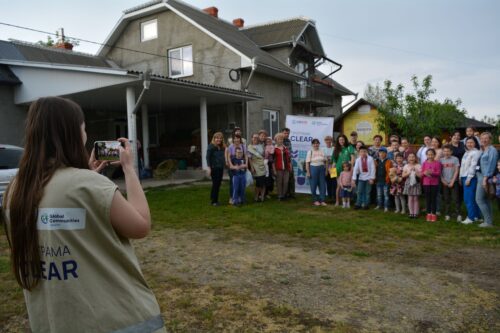How to Turbocharge the Peace Process in Afghanistan
I am the country director for a large American humanitarian organization working in Afghanistan that has been providing emergency and…
I am the country director for a large American humanitarian organization working in Afghanistan that has been providing emergency and…
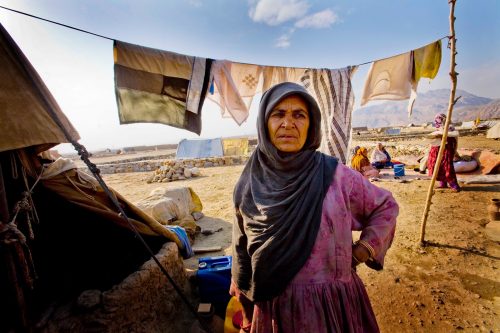
"There is a whole list of crises he could be speaking out about...so how does he determine which of those he is going to spend his energy and time speaking to member states and donors about and calling attention to?"
Mark Lowcock, the new United Nations humanitarian chief, will have his work cut out for him when he soon takes the reigns of a shrinking U.N. Office for the Coordination for Humanitarian Affairs
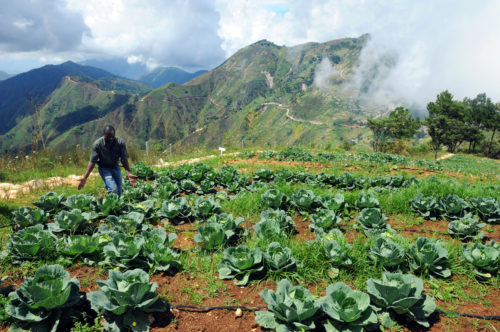
Escalating violence in the eastern Democratic Republic of Congo (DRC) has exacerbated the humanitarian crisis and left…
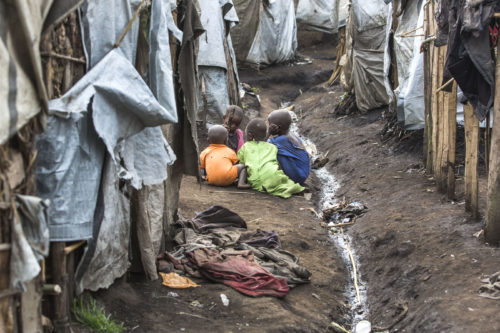
Two major climate trends are reshaping the humanitarian landscape: the increasing frequency of acute, high-cost disasters and…
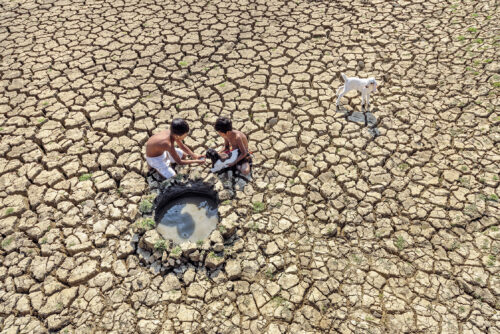
The ongoing conflict in Sudan, which erupted in April 2023, has wreaked havoc on the lives of millions. Clashes between…
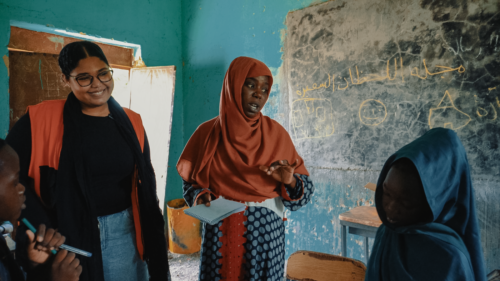
As world leaders gather in New York for the 79th United Nations General Assembly, and as the threat of a wider regional escalation looms, we renew our demand for an end to the appalling human suffering and humanitarian catastrophe in Gaza.
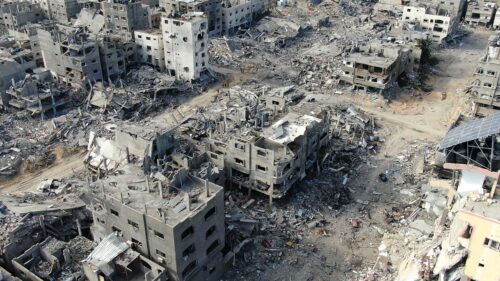
This month marks seven years since the 2017 “clearance operation” when Myanmar’s military forces, the Tatmadaw, unleashed waves of violence against Rohingya ethnic minorities in Rakhine State, Myanmar. The conflict triggered the expulsion of over 700,000 Rohingya into neighboring Bangladesh, marking the largest and fastest influx into the country. The U.S. government later determined that these attacks constituted genocide and crimes against humanity.
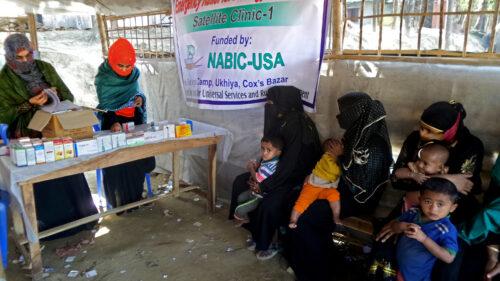
Aid workers are increasingly being targeted by armed actors who seek to intimidate, coerce, or disrupt aid operations for strategic gains. In Gaza and South Sudan, in Yemen and the Central African Republic, disinformation campaigns are fueling hostility toward aid agencies. These threats not only endanger the lives of those dedicated to humanitarian action but also severely hinder access to essential aid for millions of vulnerable people in conflict-affected areas.
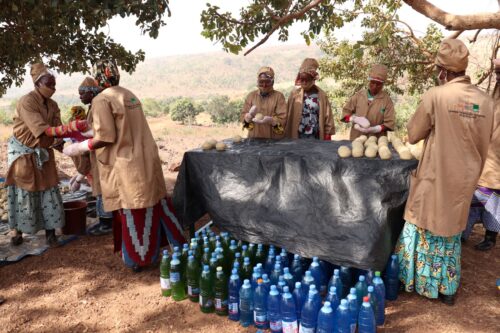
The brutal hostilities we are seeing in multiple conflicts around the world have exposed a terrible truth: We are living in an era of impunity. Attacks that kill or injure civilians, including humanitarian and health-care personnel, are devastatingly common. Yet despite widespread condemnation, serious violations of the rules of war too often go unpunished.
